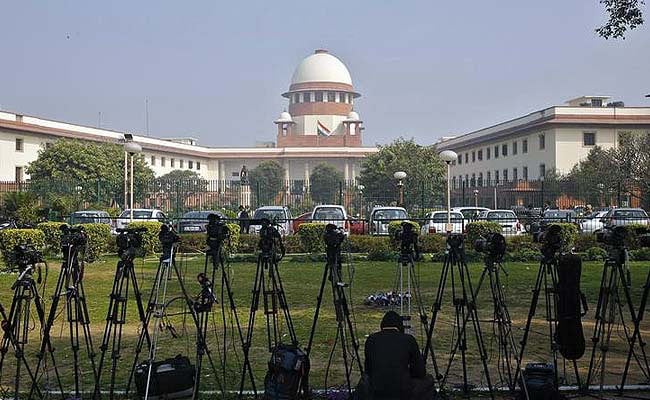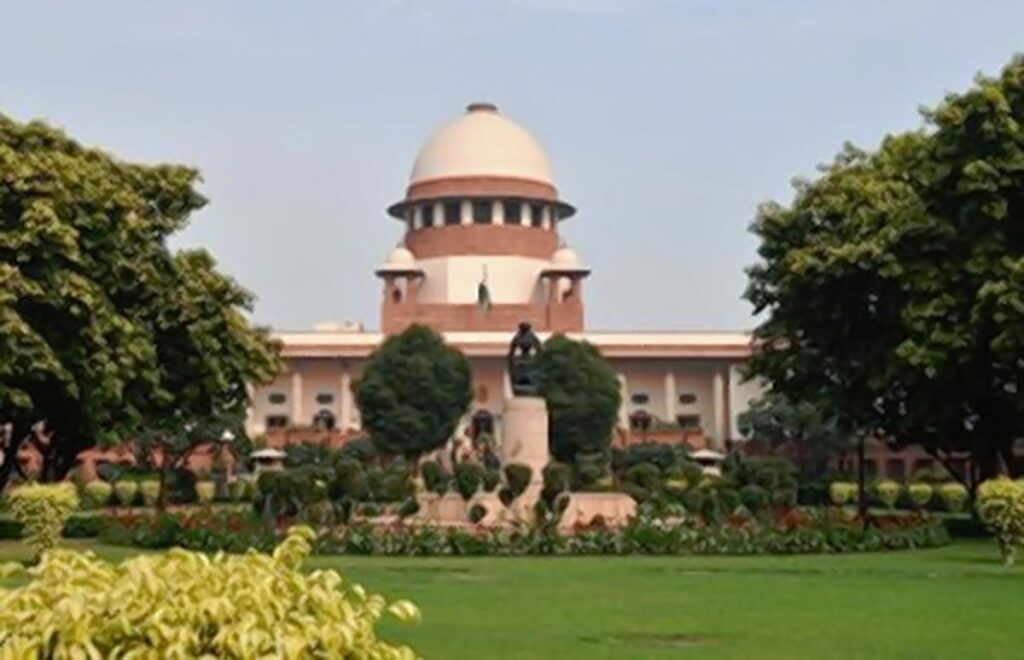The Supreme Court recently dismissed a plea filed by a septuagenarian seeking permission to cast his vote through postal ballot in the upcoming Lok Sabha elections. The petitioner, a senior citizen, argued that due to his age and health concerns, it would be risky for him to physically go to the polling station to vote. He contended that denying him the option of postal ballot violated his fundamental right to vote as guaranteed by the Constitution of India.

Source:- BBC news
However, the Supreme Court upheld the decision of the Election Commission of India (ECI), which had rejected the petitioner’s request earlier. The ECI had argued that there were adequate provisions in place for senior citizens and persons with disabilities to cast their votes through postal ballots, but the petitioner did not meet the criteria specified for such facilities.
Source:- india today
The court, while acknowledging the importance of facilitating voting for vulnerable groups, emphasized the need to balance it with the integrity of the electoral process. It noted that the ECI had already taken steps to ensure accessibility and safety for voters during the elections, including providing assistance at polling stations and implementing COVID-19 safety protocols.
The decision sparked mixed reactions, with some expressing disappointment at the court’s ruling, while others supported it, citing concerns about potential misuse of postal ballots if granted indiscriminately.
Critics of the decision argued that it failed to adequately address the specific challenges faced by elderly voters, especially during the ongoing pandemic. They highlighted instances where senior citizens had faced difficulties in accessing polling stations due to mobility issues or health concerns.
On the other hand, supporters of the ruling emphasized the importance of maintaining the integrity of the electoral process and ensuring that measures such as postal ballots are not misused or exploited. They pointed out that the ECI’s existing guidelines already provided avenues for vulnerable groups to exercise their right to vote without compromising the sanctity of the democratic process.
Overall, while the Supreme Court’s decision may have disappointed some individuals seeking alternative voting options, it underscored the importance of upholding the principles of fairness and transparency in the conduct of elections.
Share your views in the comments

